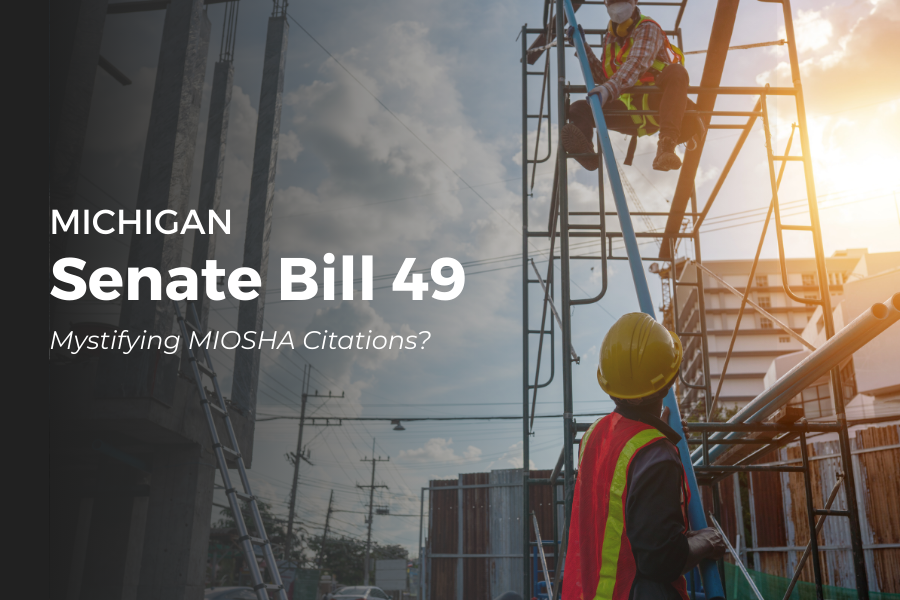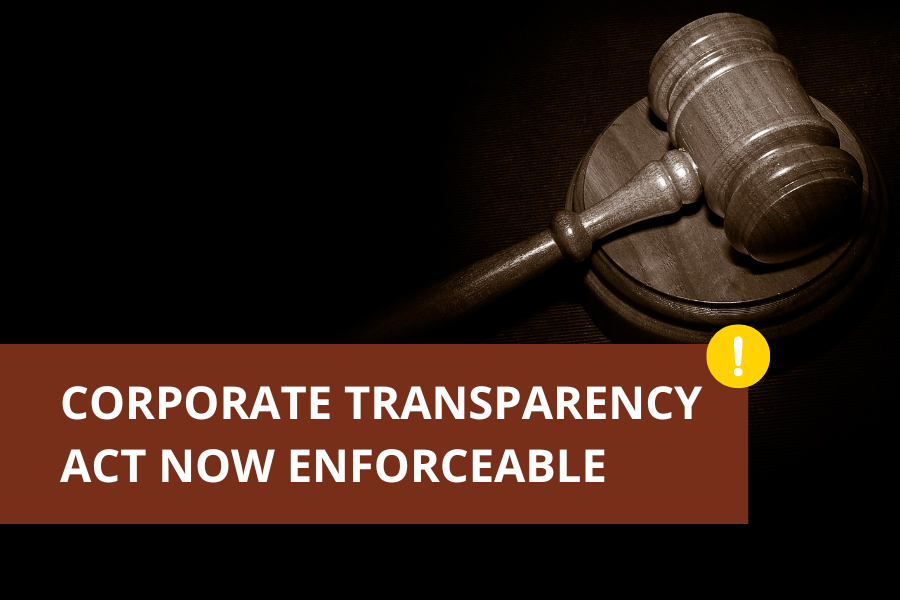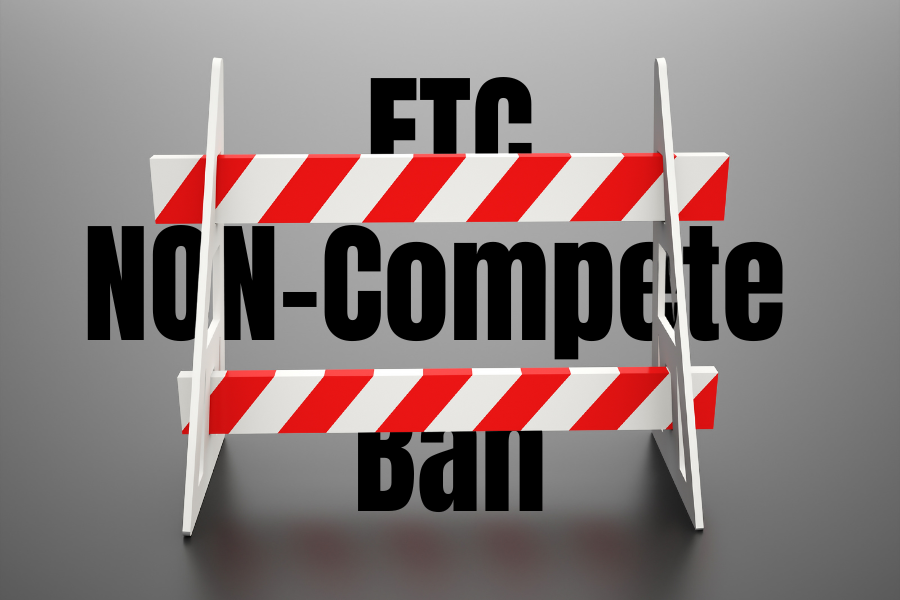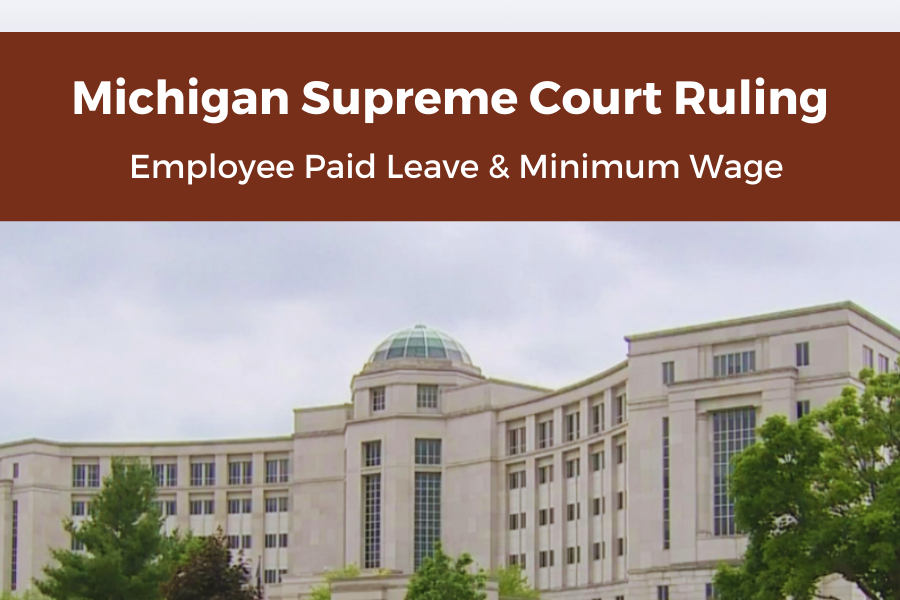By Aileen Leipprandt
The recent case of Abhe & Svboda Inc. v MDOT (Court of Appeals, August 2017), underscores the difficulty in challenging Liquidated Damages, particularly where a contractor does not comply with delay claim provisions.
This case arose from the late completion by Abhe & Svboda, Inc (ASI) of a contract with the Michigan Department of Transportation (MDOT) to clean and paint part of the Mackinac Bridge. The contract specified Liquidated Damages (LDs) of $3,000 a day for each day of late completion. The contract also gave ASI the right to seek a time extension for bad weather, provided that ASI asserted the request within the time period required by the contract. ASI did not timely complete the project and the State assessed LDs of about $1.9 million for being 644 days late.
ASI sued the State challenging the LDs assessment for a number of reasons. For instance, ASI argued that the LDs should not apply to 362 days of the planned winter shutdown during which it was impossible for MDOT to suffer any losses and that the LD clause was void for failing to be a good-faith effort to estimate losses. ASI also argued that MDOT’s dilatory behavior in approving ASI’s scaffolding plan caused 56 days of delay. ASI argued that 459 days of work were caused by environmental circumstances beyond its control. The trial court rejected all of ASI’s arguments and granted summary disposition to the State. ASI appealed.
The Court of Appeals affirmed the ruling that the Liquidated Damages provision was not a penalty. The Court deemed it irrelevant that ASI could not work during the planned winter shutdown, because LDs were based upon the total delay, not discreet periods of time during the contract performance.
The appellate court also rejected ASI’s argument that MDOT’s own dilatory behavior in failing to timely approve ASI’s scaffold plan prevented the assessment of liquidated damages. The Court affirmed the general principal that a party seeking to impose LDs cannot interfere with the other party’s performance causing the other party to fail and triggering LDs. However, in this case, the contract provided a mechanism for ASI to seek an extension of time. Since MDOT could contractually extend the time for performance, then MDOT causing a delay was not synonymous with obstructing ASI’s performance unless MDOT improperly failed to grant an appropriate extension. Because ASI did not timely request a time extension, MDOT did not breach the contract by declining to grant that request. Further, the contract did not support ASI’s argument that ASI could wait until the end of the project to seek a time extension; instead, ASI was required to seek an extension each and every time an impediment to its work occurred.
Lesson Learned – parties must understand and negotiate liquidated damages provisions at the front end of a project and then strictly abide by claim procedures. Otherwise, the parties run the risk of an unfavorable outcome at project completion.
Aileen Leipprandt practices in the areas of commercial and real estate litigation and construction law. She has represented a variety of clients in these areas, including developers, design professionals, contractors, subcontractors, owners, sureties, manufacturers, governmental agencies, insurers, and suppliers.










